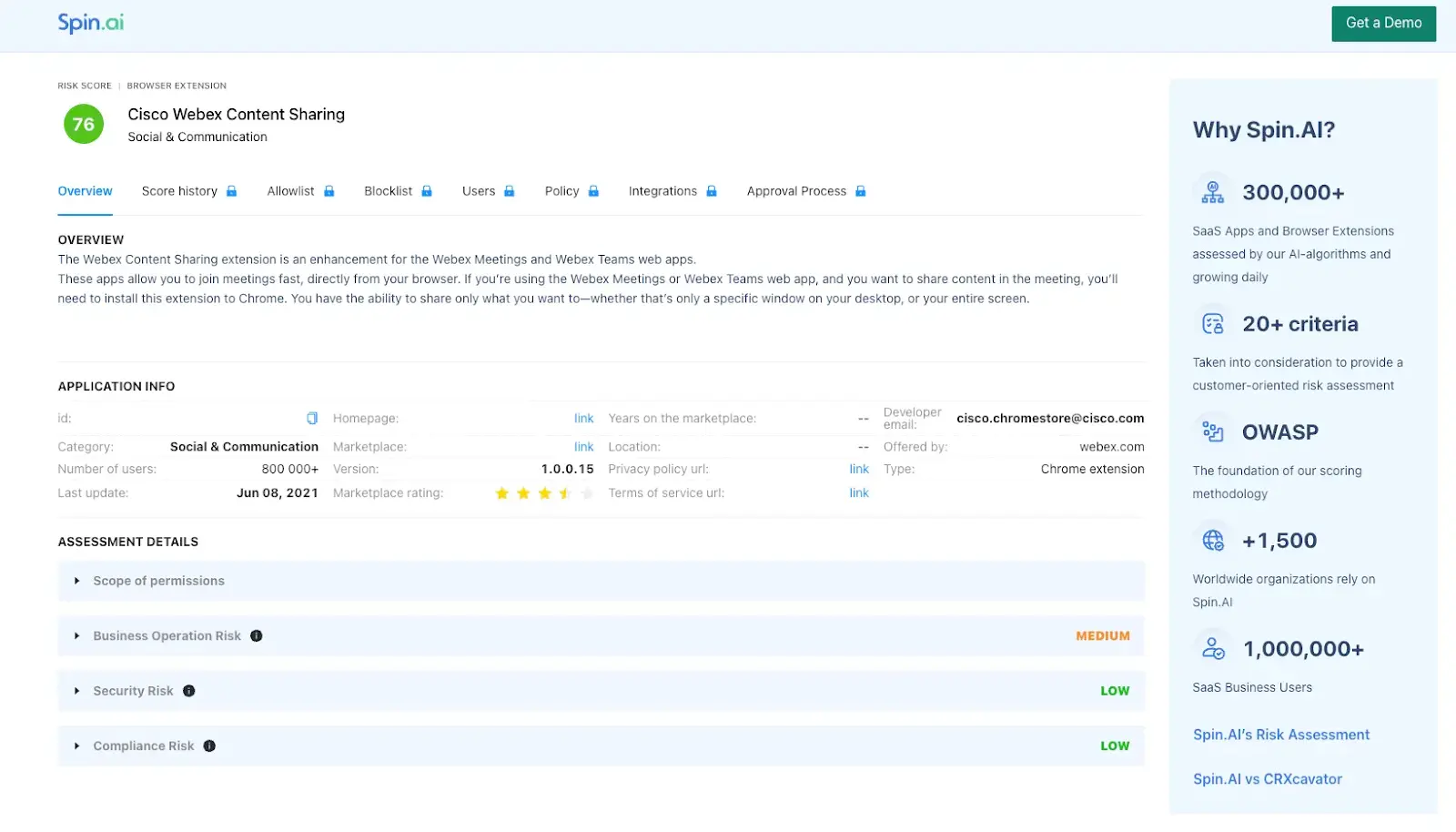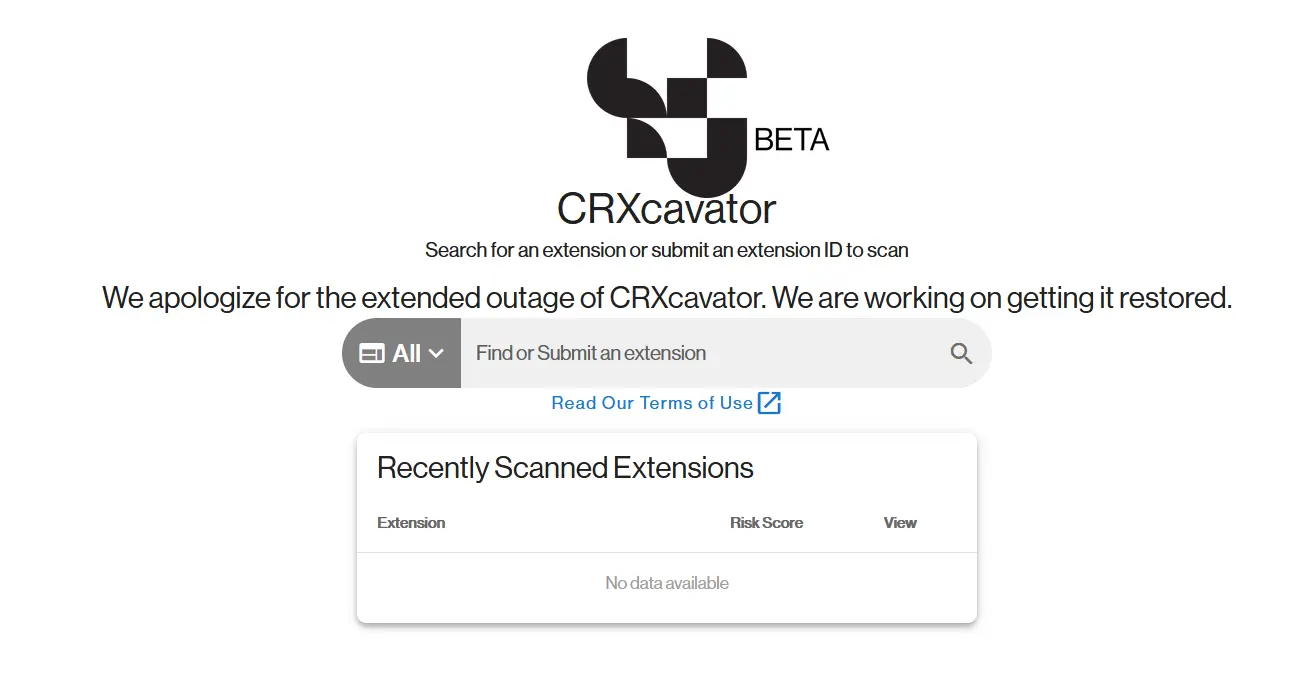Cybersecurity Automation: Definition, Advantages & Tools
What is cybersecurity automation?
Cybersecurity automation is the set of software tools that run critical cybersecurity operations of a company with minimal human involvement. They usually use playbooks created by the organization’s security teams.
The automated operations include the management of:
- cyber vulnerabilities:
- detection
- assessment
- removal
- cyber threats:
- identification
- estimation
- protection
- cyber incidents:
- prevention
- detection
- investigation
- analysis
- elimination
- recovery
Types of security automation and how they work:
- Reactive
This type is based on historical data. The software has a number of preprogrammed responses to certain incidents. Once the tool comes across the “familiar” activity, a predetermined action is triggered.
For example, an antivirus program has the ability to detect the viruses that are in its database. However, it might be defenseless against a new type of virus.
- Proactive
Proactive cybersecurity automation analyses new types of cyber incidents. It then decides whether to take response action and sometimes which actions to take.
For example, the ransomware protection tool SpinOne analyzes data behavior in Google Workspace and Microsoft 365. It detects abnormalities that may indicate a ransomware attack. In case of a ransomware infection, it removes the malware and restores the data.
The advantages of security automation:
- Procedural:
- Improved analysis, e.g., a machine can spot correlations where humans can’t.
- The increased speed of security operations, including incident response time.
- No human error.
- Fewer inefficiencies in operations.
- Working 24/7 throughout the year
- Automated reporting.
- Talent management:
- Remedy for the lack of talent
- Fewer tedious tasks
- Prevent the fatigue from overwhelming alerts
- Your employees can contribute more time to complex tasks that require human intelligence
- Compliance:
- The employees do not gain access to sensitive information including PII during incident management
- Automation decreases the probability of human error that can cause unauthorized access
- Budget:
- Cut expenses on human work
The cons of cyber automation:
- The initial misconfiguration of security automation might create cyber vulnerability.
- The lack of control from the cybersecurity team can lead to malfunctions in the system.
Types of cybersecurity automation tools:
- Local aka Robotic Process Automation (applied to a certain operation or a limited number of operation)
- General aka Security Orchestration, Automation, and Response (a single platform manages all the local security automation tools)
How to get started with cybersecurity automation
- Create a playbook
- Analyze your regular operations and identify the ones you want to automate.
- Investigate the recent cybersecurity incidents (if any), and assess which ones are the most likely to occur
- Estimate the existing threats to your cybersecurity.
- Evaluate the existing and potential vulnerabilities.
- Define which vulnerabilities, threats, and incidents you want to manage automatically.
- Write down the playbook for your automation tool(s).
- Study the market of cybersecurity automation tools
- What solutions are there?
- What are its limitations?
- What are the estimated costs of these tools?
- Revisit your playbook to tweak it in accordance with your budget and the capabilities of the tools on the market.
- Pick the solution(s).
- Start the trial period.
- Tweak the solution and continue the trial.
- Make the final decision on the tool.
Was this helpful?
How Can You Maximize SaaS Security Benefits?
Let's get started with a live demo
Latest blog posts
Best CRXCavator Alternative for Browser Extension Risk Assessment
Of the 300,000 browser extensions used in enterprise environments, more than half (51%) could execute...
The Ultimate Guide to SharePoint Cloud Backup: Securing Your Data
For businesses using Microsoft 365, SharePoint has become central to document management, team collaboration, and...
How to Ensure that Your Google Chrome Extensions are Safe
Google Chrome is the world’s most popular internet browser, enjoying a global market share of...


